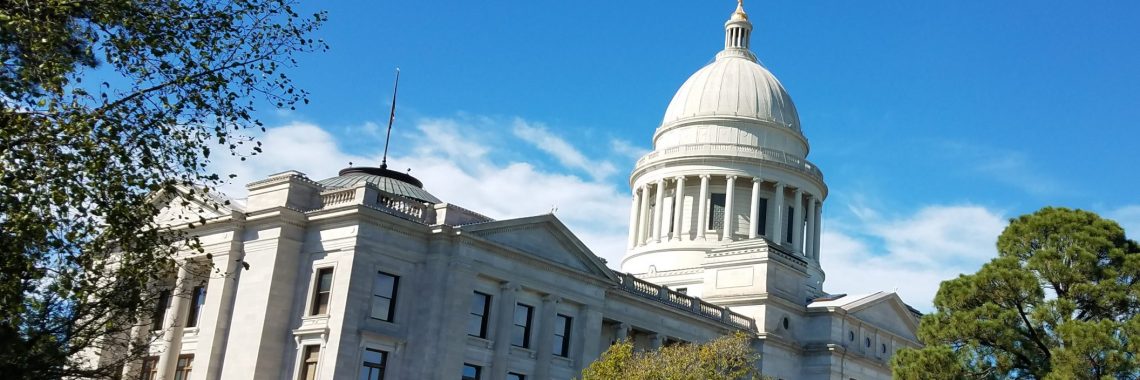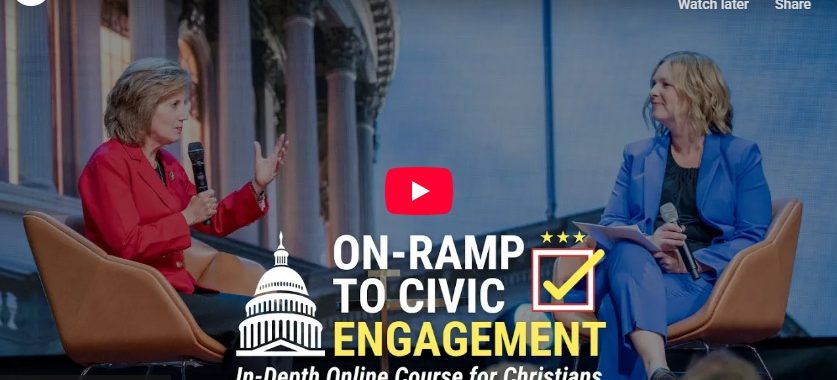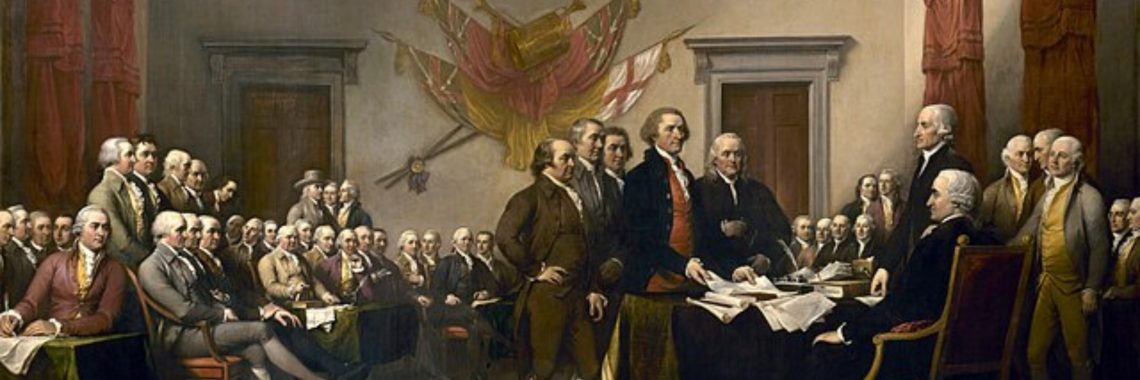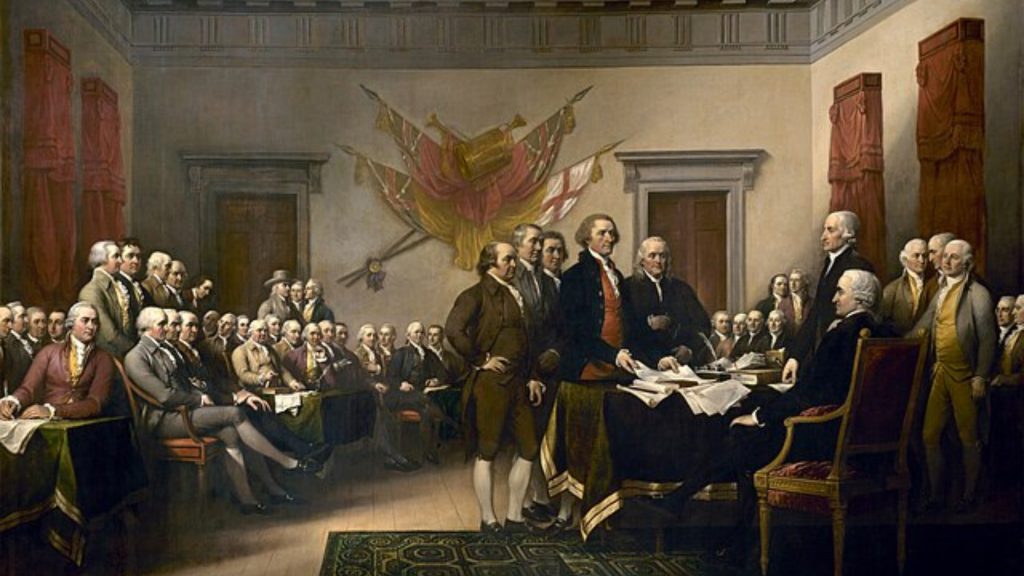Family Council Action Committee Recognizes 35 Legislators with 2025 Faith, Family, and Freedom Award
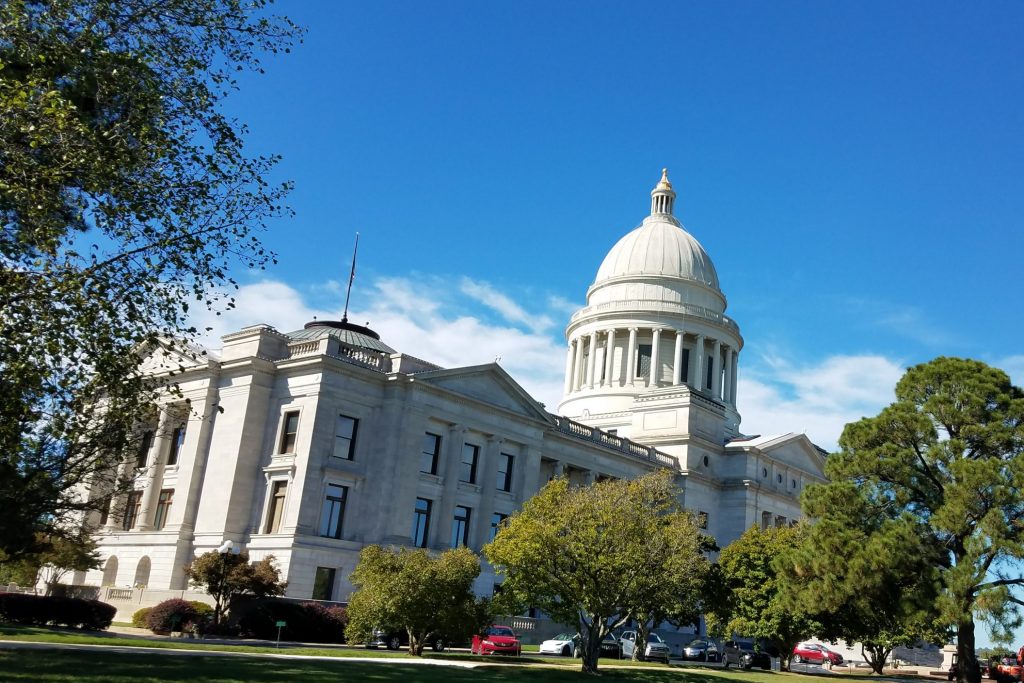
The following press release is from Family Council Action Committee:
Little Rock, Ark. – On Thursday, Family Council Action Committee recognized 35 members of the Arkansas General Assembly with its 2025 Faith, Family, and Freedom Award.
Family Council Action Committee Executive Director Jerry Cox released a statement, saying, “Family Council Action Committee reviewed every vote on 24 laws that the Arkansas House and Senate passed dealing with issues like the sanctity of life, religious liberty, education, protecting the state’s ballot initiative process from special interest groups, and with vices like marijuana and alcohol. We scored each legislator on a 100-point scale. Those who achieved 90% or above or who sponsored good laws from Family Council earned this award.”
Cox said he hopes the award gives Arkansans an idea of just how conservative the Arkansas Legislature is. “One of the most common questions I hear from people around the state is, ‘How did my legislator vote?’ That’s the question we want to help answer. This award isn’t an endorsement of any candidate or political party. It does not measure any lawmakers’ personal integrity, commitment to their faith, work ethic, or their rapport with Family Council Action Committee. It simply recognizes lawmakers who sponsored good legislation and consistently voted in support of good legislation.”
The following 21 state representatives and 14 state senators earned Family Council Action Committee’s 2025 Faith, Family, and Freedom Award:
- Rep. Sonia Barker
- Rep. Mary Bentley
- Rep. Harlan Breaux
- Rep. Alyssa Brown
- Rep. Karilyn Brown
- Rep. Cindy Crawford
- Rep. Hope Duke
- Rep. Tony Furman
- Rep. Jimmy Gazaway
- Rep. Mike Holcomb
- Rep. Lane Jean
- Rep. Lee Johnson
- Rep. Jack Ladyman
- Rep. Robin Lundstrum
- Rep. Roger Lynch
- Rep. John Maddox
- Rep. Ryan Rose
- Rep. Randy Torres
- Rep. Dwight Tosh
- Rep. Kendon Underwood
- Rep. Carlton Wing
- Sen. Ron Caldwell
- Sen. Alan Clark
- Sen. Tyler Dees
- Sen. John Payton
- Sen. Ben Gilmore
- Sen. Kim Hammer
- Sen. Jimmy Hickey
- Sen. Blake Johnson
- Sen. Mark Johnson
- Sen. Clint Penzo
- Sen. Jim Petty
- Sen. Terry Rice
- Sen. Gary Stubblefield
- Sen. Dan Sullivan
Cox praised the entire Arkansas General Assembly for its commitment to family values. “I have often said that this Arkansas General Assembly may be the finest ever to serve in our Capitol. Arkansas has enacted great laws over the years, and the fact that so many legislators would sponsor and vote for good laws and vote against bad laws speaks volumes about Arkansas’ elected officials. We want to commend these legislators for promoting, protecting, and strengthening traditional family values during the 2025 legislative session.”
Family Council Action Committee is a conservative, pro-family, Christian 501(c)(4) organization based in Little Rock, Arkansas.
###

